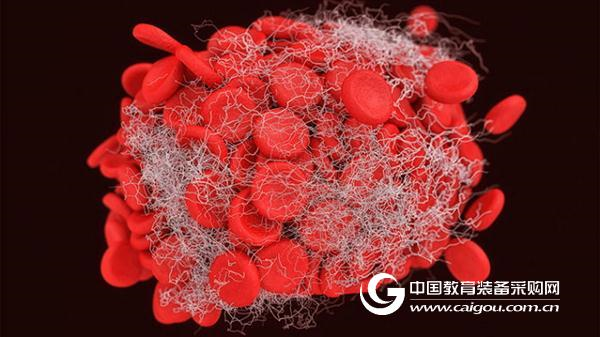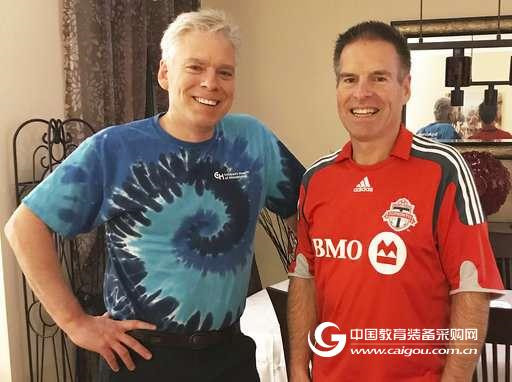Guide On December 7th, the famous medical journal "New England Journal of Medicine" published a paper in the form of a headline, revealing a new achievement in the field of gene therapy: successful treatment of 10 patients with hemophilia B, igniting blood Hope for the ultimate goal of disease "one-time treatment, permanent benefit"! Image source: iStock.com/somersault18:24 hemophilia I believe many people know about hemophilia. As an X-linked genetic disease, because of the congenital lack of blood clotting factors, even small wounds may cause dangerous symptoms of blood flow, and even severe cases may have "spontaneous" bleeding. Many patients require one or more hemostasis treatments per week. The current main treatment for hemophilia is to regularly supplement blood clotting factors. Although this therapy can greatly extend the life expectancy of patients, patients face a large medical burden and inconvenience. Therefore, scientists hope to find a "one-size-fits-all" approach to fundamentally solve problems, and gene therapy is the hope. Although animal testing has confirmed the enthusiasm of this strategy, previous gene therapy trials for hemophilia did not go well because the patient's immune system easily attacked modified cells or liver cells could not secrete enough clotting factors. New results in gene therapy Now, the research teams from Spark Therapeutics and Pfizer have confirmed the feasibility of gene therapy for hemophilia for the first time in the world through technological research and innovation! The SPK-9001 product they developed is designed to treat hemophilia B (lack of factor IX). In the latest clinical phase 1/2 trial, 10 patients were treated with a virus carrying the IX factor gene for 18 months, and the average level of clotting factor produced by the liver tissue reached 34% of normal people. Among them, 9 patients did not have bleeding symptoms again, and 8 patients no longer need regular injection of factor IX. This means that SPK-9001 gene therapy is expected to address their dependence on regular injections of clotting factors. "We hope that gene therapy can solve all problems at once, which is the ideal treatment goal for hemophilia patients," said Dr. Lindsey George, a lead researcher and a hematologist at the Children's Hospital of Philadelphia. "Super Strong" Coagulation Factor Unlike previous gene therapy attempts, Spark Therapeutics chose a superior version of the Factor IX-Padua (FIX-Padua) and reduced the immune response by reducing the dose of the virus. In 2009, scientists discovered this “super-strong†coagulation factor in an Italian family, confirming that its function is 8-10 times that of normal coagulation factors! The team engineered genetically engineered adeno-associated viruses (which do not cause disease) to carry genes that express the FIX-Padua factor. The virus is delivered to the patient's liver cells by injection. The latest clinical data show that 10 patients with hemophilia B who are treated can independently express enough high-activity clotting factors. Bill Konduros (58, right) and Jay Konduros (53) are brothers and hemophilia patients involved in clinical trials of gene therapy. Before the treatment in August 2016, even a slight exercise can cause muscle strain and require clotting factor treatment. Now they no longer need to receive clotting factor treatment. "One time and for all" treatment The road to R&D of SPK-9001 began at the end of 2014. In June 2016, it achieved initial success in the treatment of hemophilia, and in July it received the FDA's breakthrough new treatment. In the latest clinical data, patients bleed on average every month before receiving treatment. After treatment, they had not experienced bleeding symptoms for at least one year and there were no serious side effects. Considering that some liver cells do not pass on new genes during the process of division, scientists are concerned that the effects of gene therapy will diminish over time. However, other clinical trials of gene therapy for hemophilia have been going on for 8 years (12 years in the dog model) and the treatment is still very good. Dr. Matthew Porteus of Stanford University wrote a comment for this. He believes that this new achievement is "amazing" and it indicates that we are on the road to "achieve a cure." Of course, this result is phased and experimental, and the final result still needs time to “speakâ€. Other research projects and plans In addition to Spark Therapeutics, BioMarin pharmaceutical companies are conducting gene therapy research on another type of hemophilia, and have achieved some results - 13 patients have been treated, they are treated with bleeding frequency and clotting factor-dependent treatment A very good improvement. It is reported that BioMarin will report the latest results at the upcoming American Hematology Conference. In addition, Sangamo Therapeutics is validating the potential of traditional gene therapy and gene editing for hemophilia. Lindsey George hopes that in the next three clinical trials, SPK-9001 will still be able to give a good answer. He believes that this study is a new beginning to change the paradigm of hemophilia treatment. Shanghai Chuangsai Technology has excellent performance, interleukin cytokines, fetal bovine serum, electrophoresis equipment scientific instruments, raw material drug standards, chemical reagents, cell culture consumables, Shanghai Chuangsai, mass products special promotions, welcome to inquire! At Home Use Hair Color Kit delivers gorgeous, high-quality color for multi-tonal and natural-looking results. Works on different hair types and textures. At Home Use Hair Color is a cream-based formula and does not damage your hair-it has been shown to actually improve the condition of your hair according to an independent clinical study. At Home Hair Color Cream Kit DELIN HAIR COSMETICS , https://www.arganshampoofactory.com
